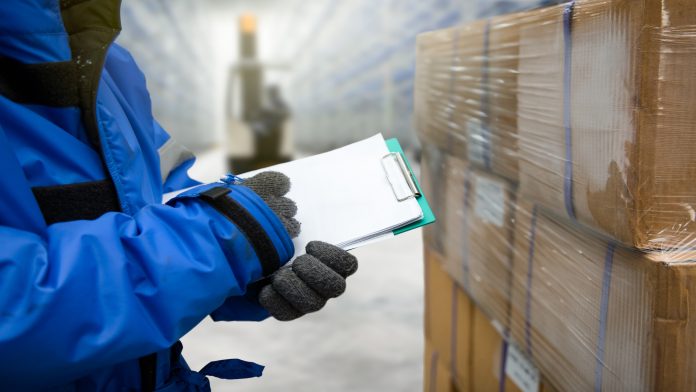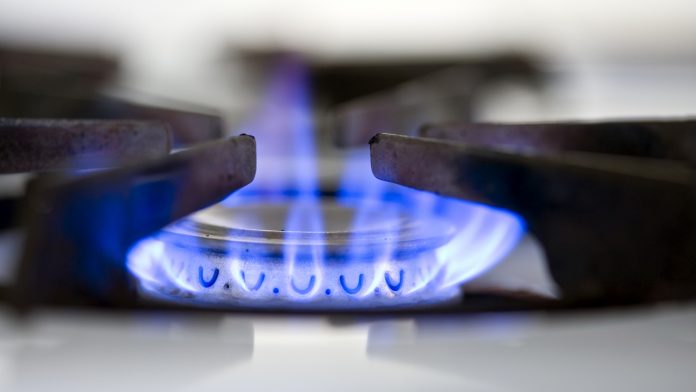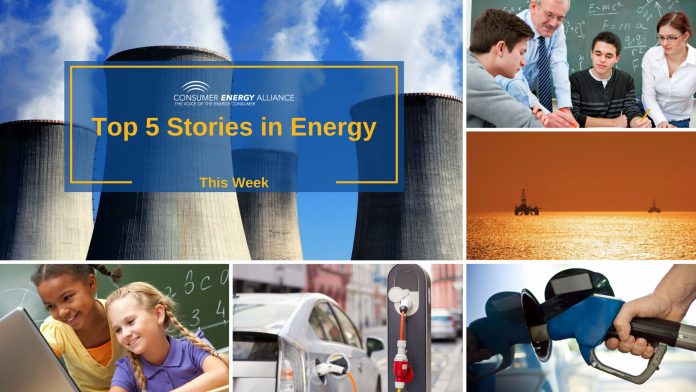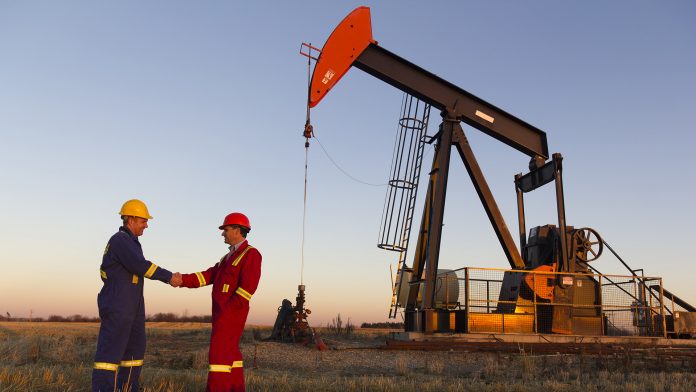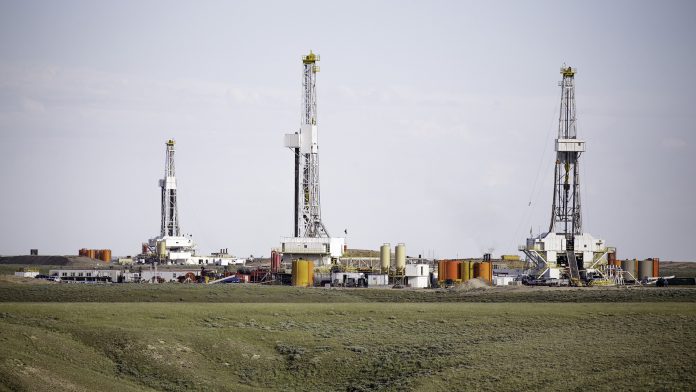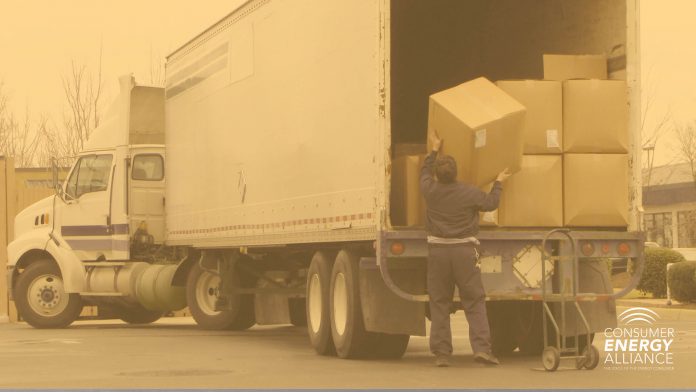HOUSTON, TX – Consumer Energy Alliance (CEA), the leading voice for sensible energy policies for families and businesses, applauds Tennessee Governor Bill Lee for signing SB 1934, which prohibits local governments from imposing unnecessary and senseless restrictions on the use of clean-burning natural gas, offering families and businesses, as well as cities and counties, consistent and transparent rules for future energy service as well as much needed consumer protections. CEA Vice President of State Affairs Brydon Ross said:
“We support Governor Lee’s action to proactively stand up for families and allow households and businesses to have responsible energy choices. Overzealous actions to restrict natural gas taking place in several California and New York communities only serve to risk disrupting the lives and plans of consumers and industries. If municipalities are allowed to embrace this type of politically motivated fad, households will see a crazy and unworkable patchwork of confusing energy policies – and higher energy prices.”
“Thank you to Governor Lee for helping to put a stop to these ill-advised efforts being pushed by anti-energy activists that could unnecessarily create cost burdens for Tennessee consumers and risk our future energy security. States, families and businesses need energy choices, not unnecessary restrictions – especially during these trying times when our neighbors and communities are responding to Covid-19 – and when those restrictions also serve to worsen our environmental progress.”
“At a time of record domestic oil and gas production, the U.S. is leading the world in environmental standards and emissions reductions. That’s largely due to the increased use of natural gas, advances in technology and ongoing progress in renewable energy. By governments and industry working together to offer sensible, environmentally-positive solutions to our energy challenges, we can utilize a sensible mix of energy sources including renewables while still keeping prices affordable and services reliable for everyone.”
###
About Consumer Energy Alliance
Consumer Energy Alliance (CEA) is the leading consumer advocate for energy, bringing together families, farmers, small businesses, distributors, producers, and manufacturers to support America’s environmentally sustainable energy future. With more than 550,000 members nationwide, our mission is to help ensure stable prices and energy security for households and businesses across the country. CEA works daily to encourage people across the nation to seek sensible, realistic, and environmentally responsible solutions to meet our energy needs. Learn more at ConsumerEnergyAlliance.org.
Contact:
Emily Haggstrom
P: 720-582-0242
ehaggstrom@consumerenergyalliance.org









